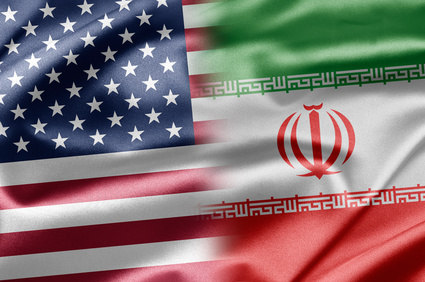
One of the myths I often hear from foreign companies is that they’re not subject to the jurisdiction of U.S. export control regulations. Like so many myths, I think some people believe that if they simply repeat this often enough, it will eventually become true. (Never mind that the file cabinets of U.S. export enforcement agencies are filled with cases against foreign corporations, who have paid hefty fines for violating our laws. Or that plenty of U.S. parent companies get in trouble overseas for the activities of their foreign subsidiaries. But I digress).
Earlier this month, OFAC added to the growing list of foreign companies who have run afoul of the U.S. system with a penalty against KMT Group AB from Sweden. In its notice, OFAC states that KMT agreed to pay $125,000 to settle charges that two of its subsidiaries – KMT Aqua-Dyne, Inc. and KMT GmbH – violated the Iranian Transactions and Sanctions Regulations (ITSR). The allegations stem from a series of transactions in 2009, where KMT attempted to export high-pressure water jetting pumps from its U.S. subsidiary to its sales office in Germany, with knowledge that the pumps would ultimately be re-exported to the South Pars Industrial Gas Complex in Tehran, Iran.
According to OFAC, the violation was not voluntarily disclosed by KMT, and the firm’s German affiliate displayed “a reckless disregard for U.S. sanctions requirements.” In addition to the $125,000 penalty, this “reckless disregard” also cost the company $579,026 in forfeited payments for the pumps … not to mention a bit of bad publicity.
This case serves as an important reminder for U.S. subsidiaries of foreign parent companies. The “no jurisdiction here” argument simply doesn’t work. Not in today’s global supply chain. If your company is operating without an appropriate compliance system for U.S. export control regulations, then it’s taking a risk that is too big to ignore.
Tom Reynolds is the President of Export Solutions, a consultancy firm which specializes in helping companies with import/export compliance.
